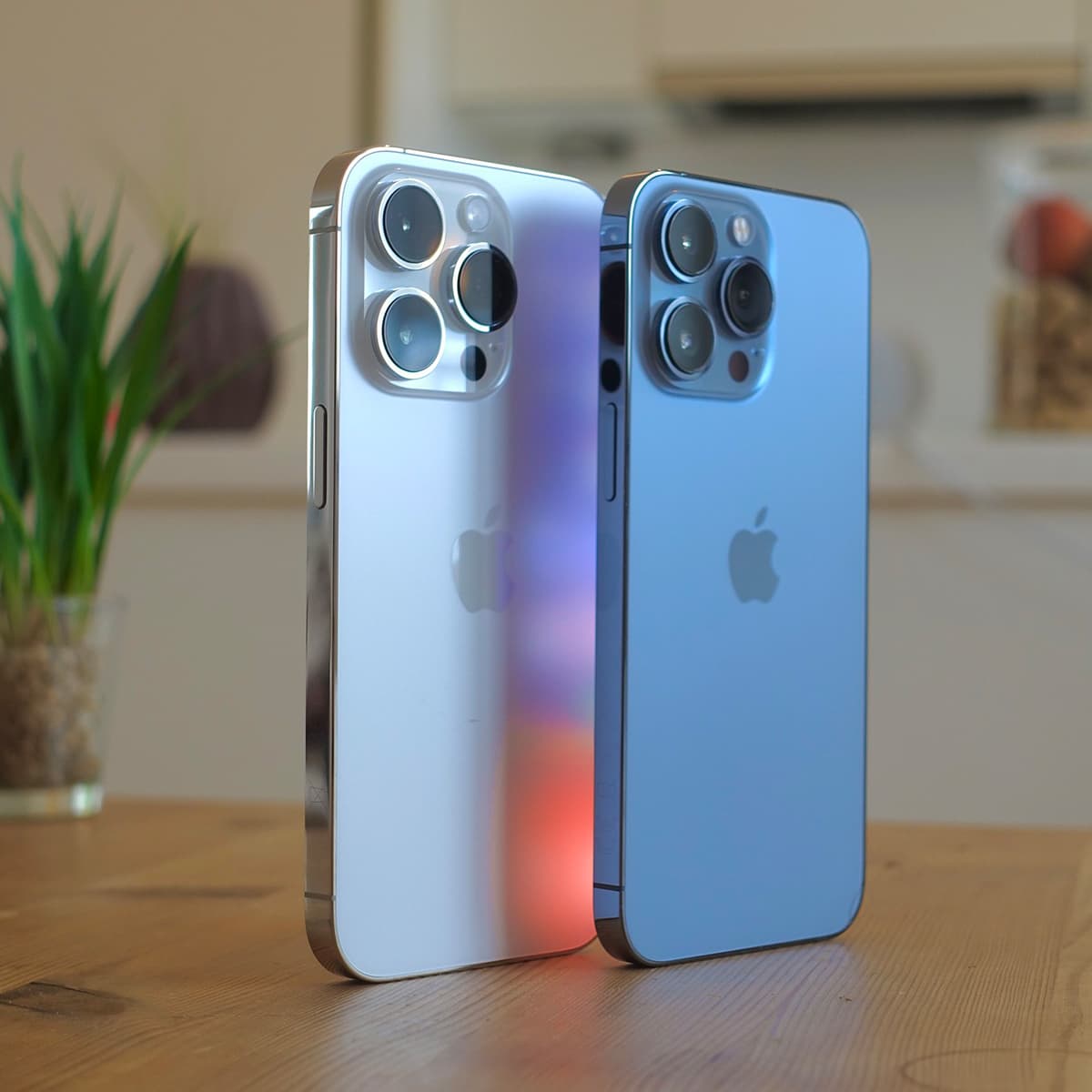Mayfair is built on history and exclusivity, but there are times when this level of luxury can be at odds with modern life. Mobile phones and laptops are the most profound example of this, where the tech can stand out from the image our region sometimes wants to exude. While it might seem anachronistic, going for premium devices will absolutely enhance your time in Mayfair. Taking a look at the types of systems and the differences they can make; we want to explore why going a step above could be the right choice.
What Makes a Digital Device Luxury?
As with any consumer goods, the line in digital devices between price and features/performance isn’t always a linear one. Often there will be standouts that lean so much on appearance that their cost will be well above their contemporaries, but that’s not what we’re looking for here.
Instead, we’re going to focus on three different use cases of mobiles and laptops, to see which is going to be the most useful and flexible for you. Looking at entertainment, all-purpose, and work-specific uses, these different sets will have you covered no matter how you spend your time.
Mobile Phones
As the most indispensable and ubiquitous device in your daily carry, it makes sense to start with mobiles. Of course, you might not need to run out and buy a new system right away, but keep the following examples in mind for your next upgrade. If you’re connected to the Apple/Android ecosystems, finding a device of the same operating system might also be your most important decider. Remember, Apple has a Mayfair store, so you can even find one when you’re out and about.


Interactive Entertainment Enthusiasts
Interactive entertainment on mobiles is a broad net, so let’s narrow it down. On the less-demanding end, we have the types of gaming sites such as Ladbrokes, free spins are a common offer for players. Here, titles like roulette, blackjack, and live games are all designed to work well on standard mobiles, but to get the most engaging experience, a larger screen could be a great investment.
The same can be said for the more demanding modern mobile games like COD Mobile or Genshin Impact, except these games also come with the need for greater performance. Satisfying both of these criteria is best found served with the new folding phones like the Galaxy Z Fold4. These have huge screens, powerful processors, and more space for navigation and play. Unfortunately, Apple doesn’t have a system like this yet, but the most high-spec iPhones can also perform very well.
All-Purpose Use
All-purpose use tends to cover use cases such as browsing, watching videos, and message management. Any mid-range phone can usually handle these duties without issue, but we want to go a step above, for the best speeds with the fewest hurdles.
To this end, we’d again have to recommend the latest Apple phone (the iPhone 14 Pro Max at the time of writing) as the absolute best for covering all bases. This is perhaps a litter bit overkill, as the non-Max version will also work just fine, but this system will ensure the best performance and no slowdown for years to come.
Work Device
When looking at work uses, we have to fall back to the only really viable type of system, the folding phones like the Galaxy Z Fold4. The extra space of this and similar folding devices mean that they are much more compatible with work demands. Bigger screens mean more space, multitasking support boosts productivity, and an extended typing area means fewer mistakes. Work demands like database management are frustratingly difficult on regular-sized phones, and while it’s not perfect here, it’s still vastly improved.
Laptops
While not everyone needs a laptop, those who do have likely experienced the frustration of a poorly built or performing system. As with mobiles, we’d recommend users heavily tied into a specific ecosystem like Apple or Windows use this as a starting place, for the sake of greater ease of access.
Interactive Entertainment Enthusiasts
Going back to gaming, we’re going to again set out sights on a high-tier. If your laptop can handle demanding modern titles, it can handle smaller experiences too, and it’s always nice to have some future-proofing and overhead.
Rather than direct models, good gaming laptops are more about finding the right components. Targets to aim for here include:
- M.2 SSD storage of at least 3 gigabytes
- At least 16 gigabytes of DDR4 RAM
- A Ryzen 7 6800 or Intel 12800 range CPU
- A Radeon RX 6850 or GeForce RTX 3080 range GPU
- Enough battery life to meet your needs
One thing to note here is that DDR4 might be replaceable with DDR5, depending on the latency. You can read more about this balancing act at Reviewed to see exactly what we mean. Also keep in mind that Apple systems aren’t built for gaming, so you’re going to have to go with a PC no matter what.
All-Purpose Use
An all-purpose system is going to want to factor in colour gamut, battery life, performance, and comfort as the most important factors. Luckily this is an easier area to quantify, with the Dell XPS 13 setting the longtime standard in Windows systems. Those who prefer Apple’s systems can instead consider the fantastic 2022 MacBook Air. These both have everything the average user needs, and at a superior level of performance.
Work Device
Work systems are generally not going to need to be as powerful as gaming devices, but this isn’t always the case. If you’re working on databases and text, then the above all-purpose use laptops will work very well, though we’d suggest leaning on whatever operating system your work network uses for the best compatibility.
For more demanding number-crunching or graphical encoding, you’ll need to go a step further. For Apple users, the MacBook Pro is the most powerful laptop offering yet. This is the industry standard for many professionals, so it won’t let you down. For PC users, the Lenovo ThinkPad P1 Gen 4 plays a similar part. While not as powerful as Apple’s system, its more flexible Windows or Linux backing can more than makeup for its minor shortcomings.
Regardless of what type of device you end up choosing, our last piece of advice would be to read reviews before jumping in. Sometimes one small feature or flaw can make all the difference, and you don’t want to be stuck in this situation. See what other buyers say, especially if they’ve owned the device for a while, and compare their claims with those of professionals. With all that in mind, we wish you good luck, and we’ll see you around town.
















